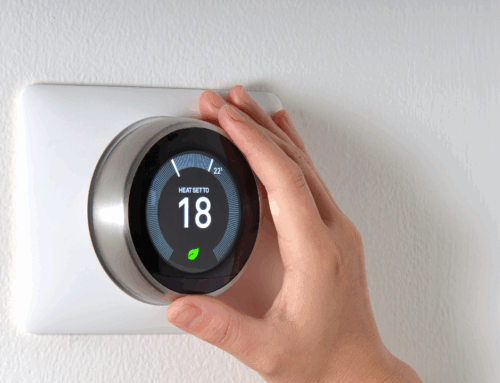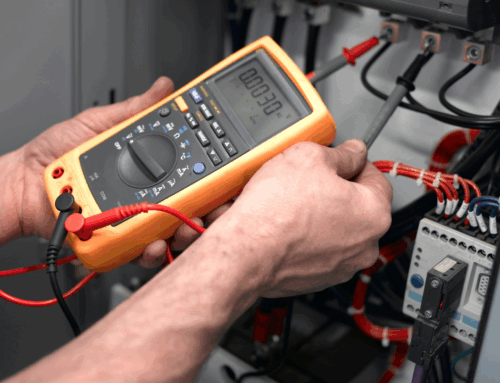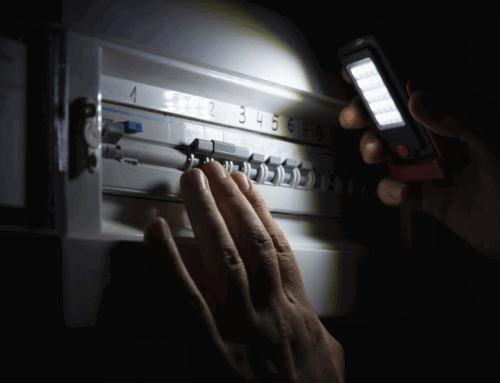The field of commercial electrical technology is evolving rapidly, driven by advancements in technology, growing environmental concerns, and the need for greater efficiency and safety in business operations. Staying updated with the latest trends in commercial electrical systems can help businesses enhance their operational efficiency, reduce costs, and improve overall safety. This article explores the most significant trends in commercial electrical technology that are shaping the industry today.
1. Smart Electrical Systems
Smart technology is transforming commercial electrical systems, offering enhanced control, efficiency, and automation. Smart electrical systems use Internet of Things (IoT) devices and advanced sensors to monitor and manage electrical usage in real-time. These systems can automate lighting, HVAC, and other electrical equipment based on occupancy and usage patterns, leading to significant energy savings.
For example, smart lighting systems can adjust brightness based on natural light levels and occupancy, reducing energy consumption. Similarly, smart HVAC systems can optimise heating and cooling based on occupancy and weather conditions. By integrating smart technology, businesses can achieve greater control over their energy usage and reduce operational costs.
2. Energy Storage Solutions
With the increasing adoption of renewable energy sources, energy storage solutions have become a critical component of commercial electrical systems. Energy storage systems, such as batteries, allow businesses to store excess energy generated by solar panels or wind turbines for use during peak demand times or power outages. This not only ensures a reliable energy supply but also helps reduce energy costs by minimising reliance on the grid during high-demand periods.
Advancements in battery technology have made energy storage more efficient and cost-effective. Lithium-ion batteries, for example, offer high energy density, long lifespan, and rapid charging capabilities, making them ideal for commercial applications.
3. Power Over Ethernet (PoE)
Power over Ethernet (PoE) technology is gaining traction in commercial electrical systems for its ability to deliver both power and data through a single Ethernet cable. This simplifies installation, reduces wiring costs, and increases flexibility in device placement. PoE is particularly beneficial for powering low-voltage devices such as IP cameras, VoIP phones, and LED lighting.
The latest PoE standards support higher power delivery, enabling the use of more power-hungry devices and expanding the range of applications for this technology in commercial settings.
4. Renewable Energy Integration
The integration of renewable energy sources, such as solar and wind power, into commercial electrical systems is becoming increasingly common. Businesses are adopting renewable energy to reduce their carbon footprint, lower energy costs, and achieve sustainability goals. Advances in solar panel technology and wind turbines have made these solutions more efficient and affordable.
Moreover, government incentives and rebates for renewable energy adoption have further encouraged businesses to invest in these technologies. The combination of renewable energy generation and energy storage systems allows businesses to maximise their use of clean energy and reduce dependence on traditional energy sources.
5. Advanced Building Energy Management Systems (BEMS)
Building Energy Management Systems (BEMS) integrate various building systems, such as lighting, HVAC, and security, into a single platform for comprehensive energy management. Advanced BEMS use artificial intelligence (AI) and machine learning algorithms to analyse energy usage patterns, predict energy demand, and optimise system performance.
These systems provide real-time data and insights, enabling businesses to make informed decisions about energy efficiency measures. By optimising energy usage, BEMS can significantly reduce energy costs and improve overall building performance.
6. Electric Vehicle (EV) Charging Infrastructure
The growing popularity of electric vehicles (EVs) has led to an increased demand for EV charging infrastructure in commercial properties. Businesses are installing EV charging stations to accommodate employees and customers with electric vehicles. Modern EV charging solutions offer fast-charging capabilities and smart features, such as remote monitoring and automated billing.
Integrating EV charging infrastructure into commercial electrical systems not only supports sustainability efforts but also enhances the appeal of the property to environmentally conscious customers and employees.
Staying abreast of the latest trends in commercial electrical technology is essential for businesses looking to enhance efficiency, reduce costs, and improve safety. Smart electrical systems, energy storage solutions, Power over Ethernet, renewable energy integration, advanced Building Energy Management Systems, and EV charging infrastructure are transforming the commercial electrical landscape.
By adopting these innovative technologies, businesses can optimise their energy usage, achieve sustainability goals, and create a safer, more efficient working environment. Investing in modern commercial electrical systems is a strategic move that can provide long-term benefits and position businesses for future success.







Leave A Comment